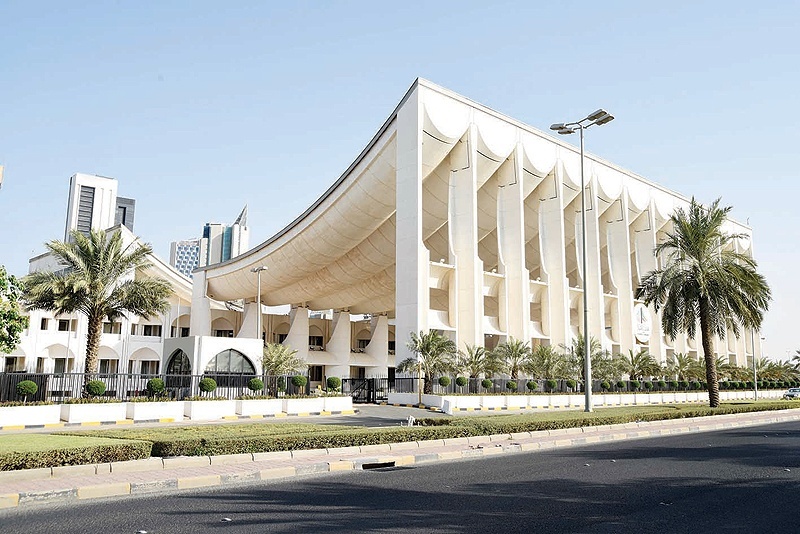
By B Izzak
KUWAIT: The National Assembly human resources committee has started reviewing government and parliamentary proposals aimed at adopting policies to cut the number of expats in the country. Head of the panel MP Khalil Al-Saleh said the committee plans to meet Minister of Social Affairs Mariam Al-Aqeel, who will submit the government plan on the issue that calls to reduce hundreds of thousands of expats.
The committee will also review seven proposals submitted by MPs, with one of them calling to impose quotas for each expat community in the country, while another proposes to substitute some 100,000 expat employees in the government with Kuwaitis. According to the government plan, published by Al-Rai newspaper, the government proposes to gradually replace as many as 160,000 expat jobs in the public sector with Kuwaitis, but did not provide timeframes.
The plan also states that as many as 370,000 expats who have a "negative impact" on the country or are illegal residents can be cut by taking short-term measures. The government is also proposing to reduce the number of "marginal" laborers by 25 percent by adopting a "smart recruitment" system, but also provided no specific timeline. It also expects to reduce temporary employment contracts by 30 percent in government jobs.
In its presentation, the government admits a massive imbalance between expats and Kuwaitis, saying that between 2005 and 2019, the population of Kuwait more than doubled to 4.42 million. It said during the same period, citizens grew by just 55 percent - from 860,000 to 1.335 million - while expats grew by more than 130 percent from 1.33 million to 3.08 million.
The government plan acknowledges that the population imbalance has negative security, social, economic and cultural consequences on the country. Certain communities have "inflated" numbers and are concentrated in specific areas, in addition to the rise in the number of single uneducated men, which poses a security risk, the government states.
It also said that the number of expat men far exceeds that of women by three to one, which could result in undesirable practices, while the government policy of subsidies is impacting the domestic economy as the large number of expats benefit from it.
Meanwhile, MP Abdullah Al-Kandari proposed the formation of a government team from various concerned departments to inspect stores for dangerous chemicals to prevent destructive explosions like the one in Beirut. He said the team must ensure that these dangerous materials are stored properly and to ensure that such stores are not present in Kuwait City or its suburbs.










